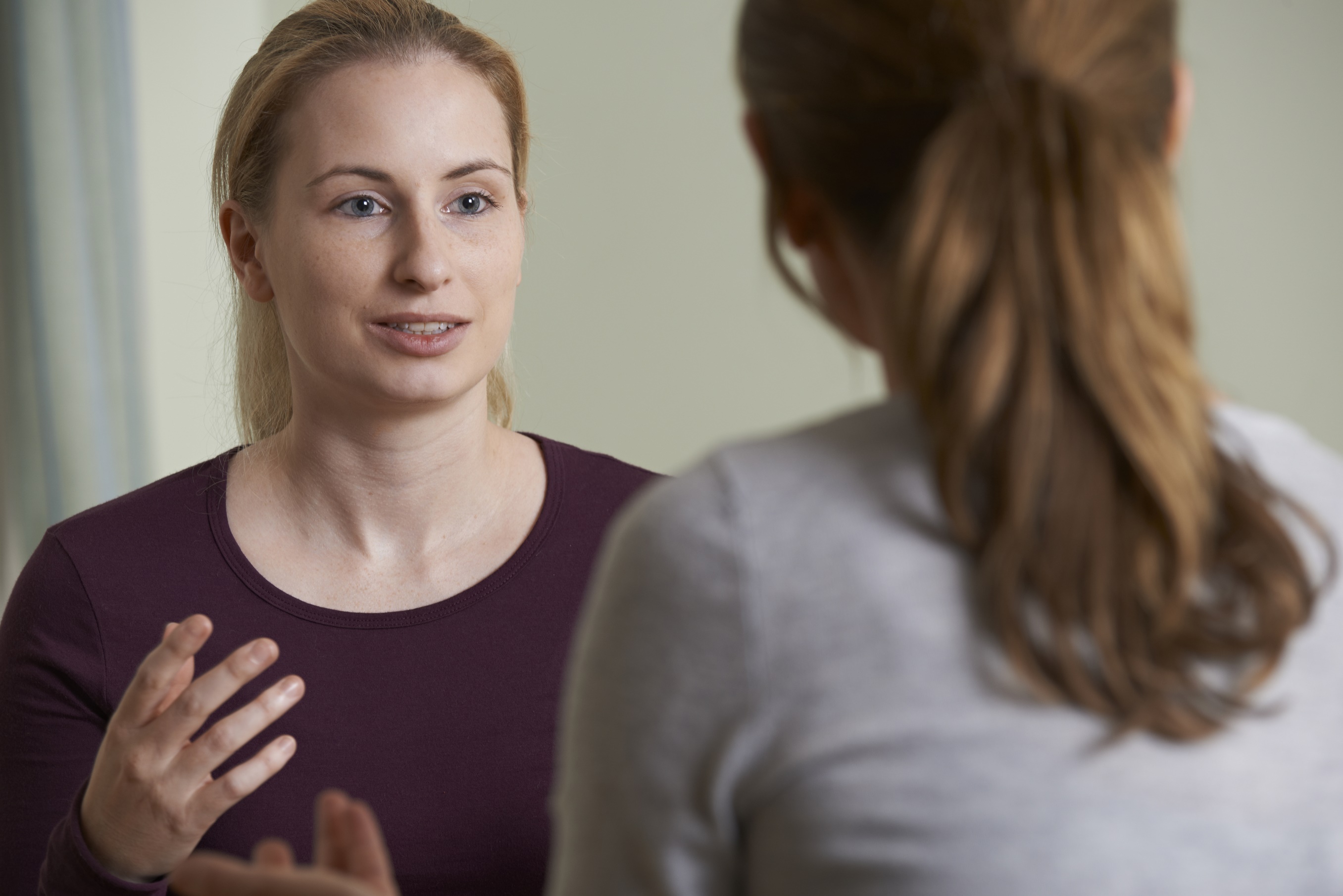Tips for the new Disability Practitioner
1In 2015 a number of Disability Practitioners working in Tertiary Education across Victoria, participated in a study exploring for factors that contribute to successful outcomes for students with specific learning disabilities (SpLD). A component of the study focused on the learning journey of disability practitioners – exploring how they came to know what they know about specific learning disabilities, and the strategies they draw upon to foster inclusion for students with an SpLD in tertiary education. The practitioners stated that while they had worked in the disability sector prior to working in tertiary education – they had not worked in the area of specific learning disability and had begun their role quite ignorant to the prevalence of specific learning disabilities and the impact an SpLD has in the learning environment. The practitioners have shared some of the best tips they received from colleagues within their state wide network when they were new to their role.
- Understand personalised learning as a practice approach – appreciate the value of relationship, look for and acknowledge people’s inherent abilities, plan for sustainable difference, base your practice on human rights, and most of all collaborate and learn with and from others.
- Recognise that the student is the expert of their experience – they are the one to tell you exactly what SpLD is like for them.
- Don’t jump in quickly with a ‘fix it’ attitude. If it was easy to fix, it would have happened already. Remember working with SpLD’s is to understand that one size does not fit all, there are many profiles of SpLD and each individual has their own experiences – understand each person’s journey and plan interventions to suit the individual.
- Don’t beat yourself up if you feel stuck and are not sure about what to do next, talk to another practitioner, they have all been where you are – there are very few disability practitioners who came to the role an expert on SpLD – connect with your state-wide network and seek guidance.
- Understand that adults and young people with an SpLD often have many years of failure under their belt, get to know them, explore the world through their eyes and work in partnership with them to explore for solutions.
- Be honest about what you know and what you don’t know, but commit to finding out more and sharing it with others to build the capability of the disability network.
- Focus on the person’s strengths - students with an SpLD have many inherent strengths including resilience –think about the strength it must take to re-present for another go in education when it has always been so hard – often it is these inherent strengths that form the basis of innovative solutions.
- Students with SpLD’s have aspirations, goals and dreams and many are not sure they can achieve these – sometimes they are afraid to share their dreams because of the failure they have experienced in the past and their fear that others might see their dreams as foolish and unachievable. Let them know you see their abilities.
- Foster positive relationships with academics – you need each other. The academic understands the learning content and inherent requirements of the unit of study – working collaboratively can result in a diverse range of ideas for reasonable adjustments.
- Include the student in conversations with academics – being a part of the process is an empowering experience and can assist the student to develop their self-advocacy skills.
- Learn as much as you can from the student with an SpLD who just drops in to touch base but who doesn’t really need your assistance. These students are few and far between but are pure gold – they have already got their learning strategies worked out. We learn so much from them.
- Connect to networks that can keep you regularly updated with the latest research, support strategies, education policy directions and experience of SpLD. Search dyslexia on Facebook and Twitter and connect (there are some amazing Australian based and international groups such as Australia Dyslexia Association, LDA of America, SpeldSA, Dyslexia Support Australia (face-book), British Dyslexia Association, The Codpast, LDOnline).
- Research what is happening elsewhere to accommodate students with specific learning disabilities – explore university and vocational education websites in Australia and other countries. Include in your research the voice of students – there are some amazing forums about SpLD by people with SpLD that focus on strategies to succeed in education – the Codpast is one of these.
- Become smart about what is evidence based and what is not – with the SpLD movement gaining momentum in Australia there are many programs and technologies on the market claiming to fix dyslexia or other specific learning disabilities. Check in with the Macquarie University Special Education Centre (MUSEC). MUSEC is a centre for research and teaching in special education and provides briefing papers (fact sheets) on evidence based interventions and how to recognise an evidence based approach.
- Our understanding of SpLD has changed immensely over the past ten years, so too have definitions and categorisation – ensure your knowledge is current - become informed and able to articulate what an SpLD is, as well as the different types of SpLD. Get comfortable with the language and share with others you’re understanding to improve your comfort levels with new knowledge and terminology. In your research include exploration of the neuroscience of SpLD – there are several very good U-Tube clips that can give a brief overview.
1Fry, J. (2015). Support in Tertiary Education for Students with Specific Learning Disabilities: A Framework for Success. Retrieved from http://hdl.handle.net/1959.9/529161


